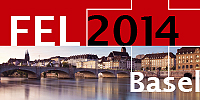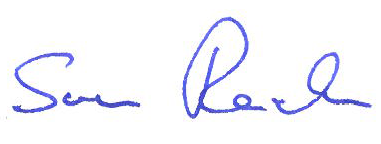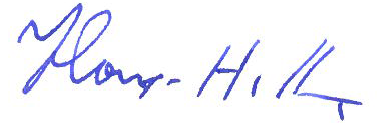| |
Proceedings of the 36th International
Free Electron Laser Conference
|

|
|
Foreword
The international community of experts, students and enthusiasts in the field of Free-electron
lasers met from August 25th to 29th 2014 at the Basel Congress Center, Switzerland, for the
36th International Free Electron Laser Conference, FEL2014. A total of 424 participants from
23 countries attended the event, which was hosted by the Paul Scherrer Institute, PSI.
The modern conference venue provided a state-of-the-art auditorium for the Oral Sessions and an extensive
lobby that hosted lively Poster Sessions and an Industrial Exhibition. The exhibition allowed fruitful
contacts to be made between FEL scientists and suppliers of sophisticated FEL equipment. The program
included a reception in the historic Safran Zunft of Basel and a visit to PSI that encompassed a tour
of the SwissFEL construction site, the SwissFEL Injector Test Facility and the Swiss Light Source.
The excursion concluded with a traditional Swiss banquet held at PSI’s renowned restaurant.
In the opening session, a talk by Dr. Li-Hua Yu commemorated the life and achievements of FEL pioneer
Dr. Samuel Krinsky, who sadly passed away earlier in 2014. The program of scientific talks consisted of
34 invited and contributed talks on various FEL topics, ranging from FEL theory to the many operational
and technical aspects of FEL accelerators, through to end-user applications. Furthermore two presentations
were given by this year’s FEL prize winners, and two first FEL lasing announcements were made, namely
from FLASH II at DESY, Hamburg and the SwissFEL Injector Test Facility at PSI.
Three excellent tutorial sessions were also offered to the delegates.
Notable highlights from the program were the recent results from the existing X-ray FEL facilities LCLS,
SACLA and Fermi. These accelerators have now advanced beyond their commissioning phase. In addition to
routine user operation, they provide important tests of novel ideas in beam dynamics and FEL physics.
Multi-color operation with a single beam line and bandwidth control in the hard and soft X-ray regime have
both been demonstrated, paving the way towards a technical maturity that will improve the beam quality to
beyond basic SASE operation.
Another trend made apparent from the contributions is the research towards compact light sources.
Alternative electron sources, new acceleration concepts and compact radiators aim to reduce the
spatial footprint of intense, femtosecond X-ray light sources. Certain technologies, such as plasma bunch
generation and acceleration,
have advanced to a level that envisages a compact FEL to be driven in the foreseeable future.
We would like to thank the many participants who presented and shared their ideas and research, the Program
Committee for formulating an interesting and varied scientific program, and the Local Organizing Committee
for putting together a most professional event that, in true Swiss tradition, ticked like clockwork! Finally,
a special thanks to the JACoW editorial team for their meticulous efforts in processing the manuscripts and
ensuring the timely release of these Proceedings.
|
 |
 |
| Sven Reiche | Hans-Heinrich Braun |
| Scientific Program Chair | Conference Chair |
November 2014 |
|
| FEL2014 was hosted by the Paul Scherrer
Institute and held at the Congress Center in Basel,
Switzerland, during the period of 25-29 August 2014
|
 |
|
|
|